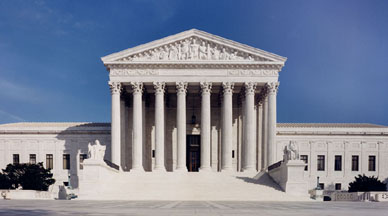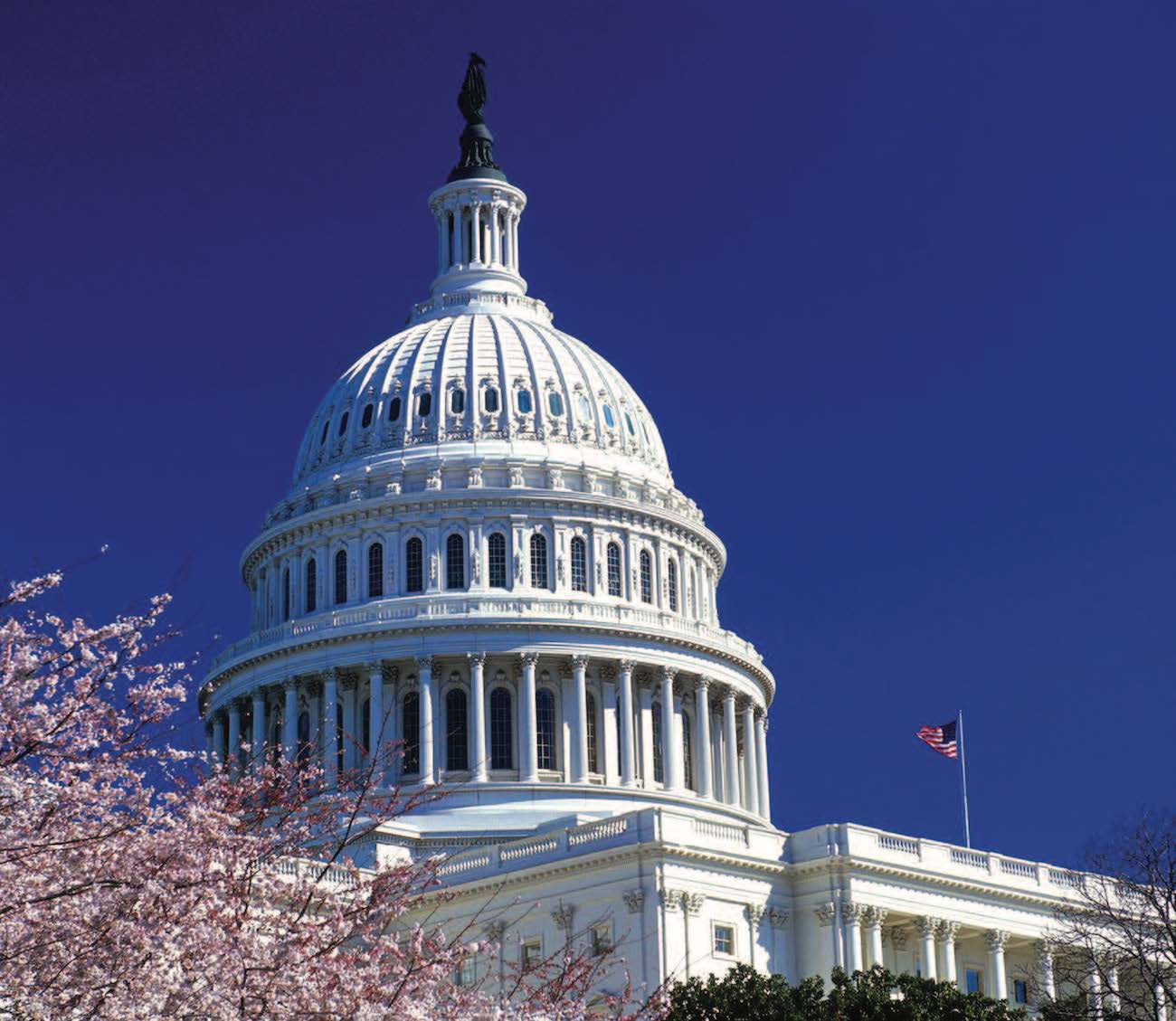
WASHINGTON, D.C. (TIP): The Supreme Court on Friday (May 30, 2025) again cleared the way for the Trump administration to strip temporary legal protections from hundreds of thousands of immigrants, pushing the total number of people who could be newly exposed to deportation to nearly 1 million.
The justices lifted a lower-court order that kept humanitarian parole protections in place for more than 5,00,000 migrants from four countries: Cuba, Haiti, Nicaragua and Venezuela.
The court has also allowed the administration to revoke temporary legal status from about 3,50,000 Venezuelan migrants in another case.
Republican President Donald Trump promised on the campaign trail to deport millions of people, and in office has sought to dismantle Biden administration policies that created ways for migrants to live legally in the U.S.
His administration filed an emergency appeal to the Supreme Court after a federal judge in Boston blocked the administration’s push to end the programme.
The Justice Department argues that the protections were always meant to be temporary, and the Department of Homeland Security has the power to revoke them without court interference. The administration says Mr. Biden granted the parole en masse, and the law doesn’t require ending it on an individual basis.
The Trump administration’s decision was the first-ever mass revocation of humanitarian parole, attorneys for the migrants said. They called the Trump administration’s moves “the largest mass illegalization event in modern American history.” The case is the latest in a string of emergency appeals the administration has made to the Supreme Court, many of them related to immigration.
The court has sided against Mr. Trump in other cases, including slowing his efforts to swiftly deport Venezuelans accused of being gang members to a prison in El Salvador under an 18th century wartime law called the Alien Enemies Act.
(Agencies)





Be the first to comment